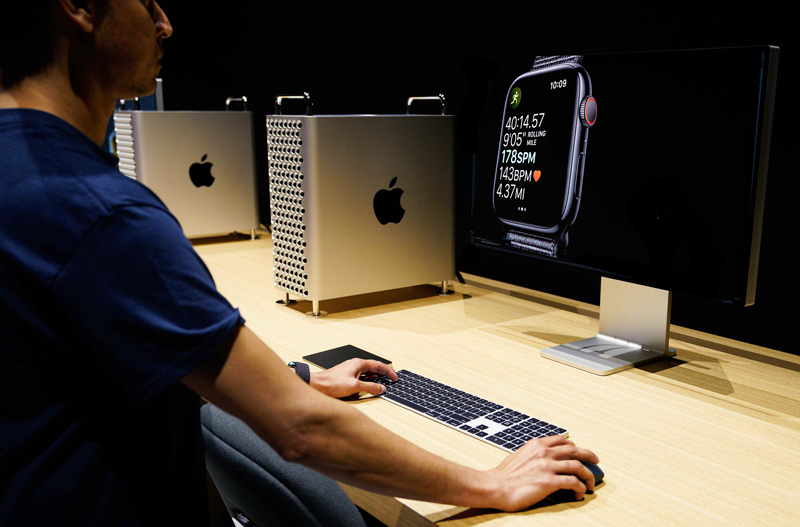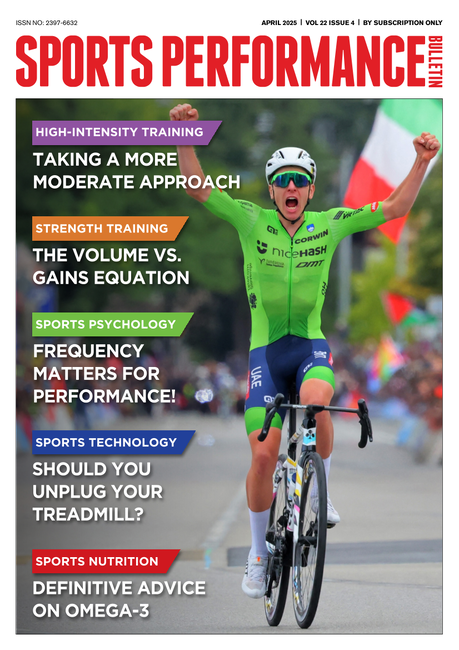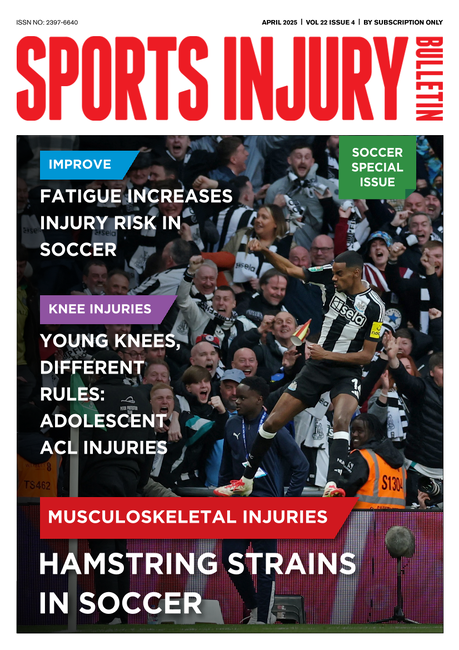The perfect training plan: human vs. artificial intelligence

As any experienced runner knows, following a well-designed and evidence-based training plan is vital to maximize running performance, and to minimize the likelihood of injury and adverse health effects. The problem is that data shows the majority of amateur runners either do not have sophisticated knowledge on how to design an evidence-based training plan, or lack access to coaches who can provide an individually tailored training plan(1).
Can AI deliver the goods?
Artificial Intelligence (AI) might be one solution to provide runners with training plans on a large scale. Currently, there is ongoing research to assess the effectiveness of ChatGPT (first launched in November 2022) in healthcare applications; studies show that although not necessarily rated optimal by physicians, ChatGPT has received favorable ratings in terms of accuracy and relevance(2). But if amateur runners were to turn to AI programs such as ChatGPT to formulate a program, how good would these programs be?
New research
To test how effective an AI program might be for delivering a running training program, a team of German researchers has carried out a study to investigate the quality of running training plans generated by ChatGPT, and in particular, to investigate the quality differences in the generated program based on how much background information was given to ChatGPT during the input process(3).
Published in the Journal of Sports Science and Medicine, the researchers assumed that the input provided by runners to generate a training plan would be very variable - just like any other conversation. So depending on factors such as the runner’s existing knowledge around correct training procedures, the importance of providing a proper training history, current training status, specific training goals, and time availability, some runners would likely provide minimal information, while others may provide much more comprehensive details to the AI program.
What they did
As a starting point, the researchers created a fictional 20 year old male runner wanting to use ChatGPT to generate his running training plan. In order to see how the generated training program delivered by Chat GPT changed according the amount of initial input given, the researchers ran the trial three times, with three different degrees of input information. These three inputs were as follows:
1. Please provide me with a running training plan for the next six weeks.
2. I am a 20 year old male who runs two times a week. Each run is 8 kilometers (5 miles) long and takes me about 30-40 minutes to complete. I use a smart watch and I would like to increase my running performance. Please provide me with a running training plan for the next six weeks.
3. I am a 20 year old male who has been running twice per week during the past year runs. Each run is 8 kilometers long and takes me about 30-40 minutes to complete. My average heart rate during these runs is around 155-170 beats per minute. I do not do other sports and I perform only long runs and no high-intensity interval training sessions or similar sessions. I have no health issues. My goal is to increase my running performance by 3-5% in the next six weeks. I have access to a breathing gas analyzer and a treadmill for performance tests. For monitoring purposes, I have access to a smart watch, which can track my heart rate and completed distance during runs, as well as environmental temperature. Please provide me with a running training plan for the next six weeks.
Once the three different training programs were generated by ChatGPT, the quality of these programs was assessed by a highly qualified panel of endurance coaches. These coaches were trained to Masters or PhD level in sports science, had at least seven years of coaching experience and had coached runners in different categories, with the coaches having trained runners from amateur/developmental level, highly trained/national level, elite/international, and even world class level.
Does AI deliver?
How good was the quality of the programs delivered by ChatGPT when assessed by the experts? Using a 5-point ‘Likert scale’ (ranging from very poor to very good – examples you will be familiar with [see figure 1]), the coaches assessed each generated program on a scale of 1-5. As well an overall score, the coaches also assessed how each generated training plan was at covering specific criteria – eg recommendations for volume, intensity, recovery, supporting nutrition, monitoring progress etc.
Figure 1: The ‘1-5’ Likert scale commonly used in questionnaires
You need to be logged in to continue reading.
Please register for limited access or take a 30-day risk-free trial of Sports Performance Bulletin to experience the full benefits of a subscription. TAKE A RISK-FREE TRIAL
TAKE A RISK-FREE TRIAL
Newsletter Sign Up
Testimonials
Dr. Alexandra Fandetti-Robin, Back & Body Chiropractic
Elspeth Cowell MSCh DpodM SRCh HCPC reg
William Hunter, Nuffield Health
Newsletter Sign Up
Coaches Testimonials
Dr. Alexandra Fandetti-Robin, Back & Body Chiropractic
Elspeth Cowell MSCh DpodM SRCh HCPC reg
William Hunter, Nuffield Health
Keep up with latest sports science research and apply it to maximize performance
Today you have the chance to join a group of athletes, and sports coaches/trainers who all have something special in common...
They use the latest research to improve performance for themselves and their clients - both athletes and sports teams - with help from global specialists in the fields of sports science, sports medicine and sports psychology.
They do this by reading Sports Performance Bulletin, an easy-to-digest but serious-minded journal dedicated to high performance sports. SPB offers a wealth of information and insight into the latest research, in an easily-accessible and understood format, along with a wealth of practical recommendations.
*includes 3 coaching manuals
Get Inspired
All the latest techniques and approaches
Sports Performance Bulletin helps dedicated endurance athletes improve their performance. Sense-checking the latest sports science research, and sourcing evidence and case studies to support findings, Sports Performance Bulletin turns proven insights into easily digestible practical advice. Supporting athletes, coaches and professionals who wish to ensure their guidance and programmes are kept right up to date and based on credible science.









